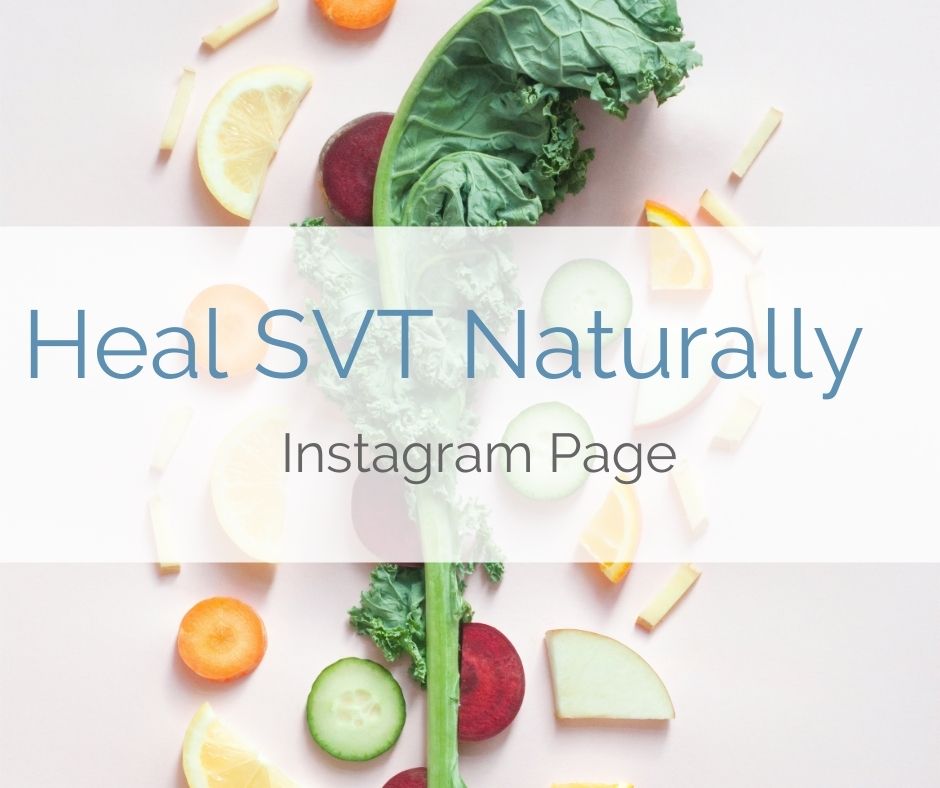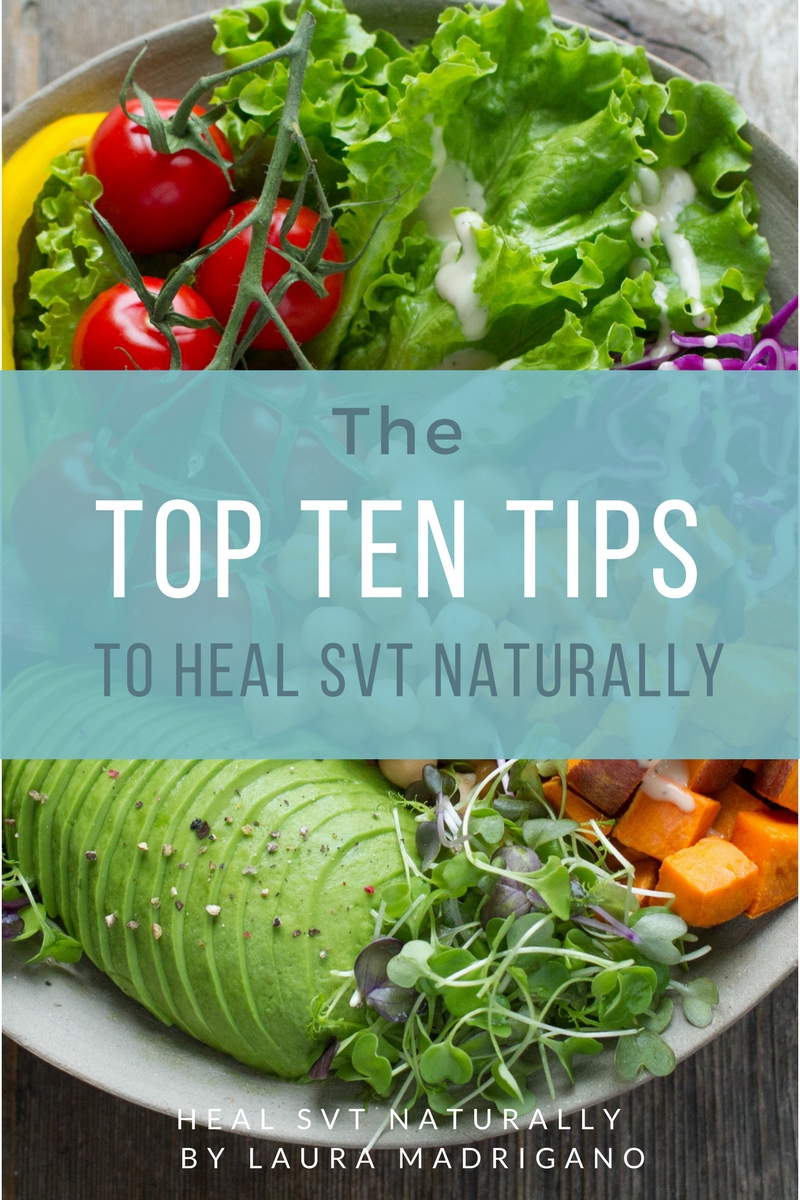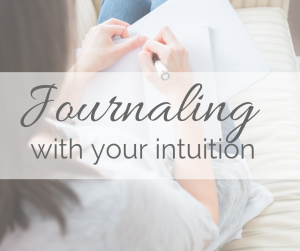Our definitions of what is “healthy” differ greatly. When it comes to food, most of us just consider what we put in our mouths, but there is so much more to eating in a healthy way than consuming kale.
How we eat can be just as important! As you aim to improve your diet, I would like to introduce you to the popular topic of mindful eating…
For me, mindful eating begins with being aware of the following things as I prepare my food and sit down for a meal:
- I prepare my food with the intention of making it healthy and with love.
- I think about the color and texture and temperature of different foods to see which ones appeal to my senses and nutritional needs.
- I trust the information I receive to make meal decisions.
- I always think about nutritional content and try to base my meals on nutrient dense foods.
Mindful eating also includes being aware of your body as you eat. Are you actually hungry? Is this stress/emotional eating? Boredom? Do you need relief? Try to just tune in to assess the reasons behind your decision to eat. No need to judge yourself, just become aware. Sometimes pausing right before snacking for just a few minutes can help you learn to discern true hunger from an emotional response. If you struggle with this, some have found the practice of tapping (EFT) helps curb wayward cravings. I also recommend my favorite self-care tool…journaling, especially if I feel like I am on the verge of emotional eating. Journaling really helps you to become present to your feelings.
Do you rush through your meals? Barely remembering the experience? You are far more likely overeat and get indigestion from your food if you aren’t actually paying attention to what you are doing. Ever looked down to discover an empty chip bag in your hand? Remember how you felt? Sizing out a portion instead of eating straight from a package can help but it’s best to try to make sure you have time to sit and focus solely on eating, no matter what or when it is. It might be a challenge, but it’s worth it. No more eating at your desk!
One surprisingly helpful way to slow down is chewing. Digestion starts in the mouth! Most of us DO NOT chew enough at all. We should be chewing each bite up to 25+ times. Can you believe that? Not only does this get your enzymes flowing, the longer food stays on the palate, the more flavors and textures you sense, which helps make a meal more satisfying.
Do you know what the right amount of food is for your body and stomach size? Are you overeating? Knowing what makes a good portion for the foods you eat is important, but we tend to forget about that built-in “fullness meter” that can help us out. Sadly, a lot of us can’t hear that signal to stop eating anymore because our habits (like speed eating) have dulled us to the sensation. Amazingly, closing your eyes while eating can heighten your senses of smell and taste, helping you get a better feel for your actual level of fullness. We’ve ALL been taught never to leave food behind on the plate, but trusting your body feels SO much better!
Are you eating at night, closer to bedtime? You may not realize it, but you’re giving your body extra digestive work to do instead of resting and recovering while you sleep. This is SO important. Why? Digestion can take enough effort that eating late may leave you extra tired in the morning, both of which could make you more prone to an SVT episode!
One of the most important ways you interact with your body shouldn’t be an afterthought. Imagine it: eating could be a peaceful, zenlike moment in your day, instead of just another item on the to-do list, AND you’d feel better!
xo, Your SVT Coach, Laura






I learned an eating /drinking tip from an Ayurvedic practitioner. To aid digestion, do not drink iced or even cold beverages especially with your meals. It constricts the lining of the stomach and slows down absorption of the food and the excretion of digestive fluids. Drink your beverages in between meals…. Ayurveda medicine, is a system of medicine with historical roots in the Indian, it is the traditional system of “medicine” in India and seeks to treat and integrate body, mind, and spirit using a comprehensive holistic approach especially by emphasizing diet, herbs, exercise, meditation, breathing, and physical therapy. Ayurveda is the sister of Yoga. It has been very helpful for me & my SVT.
This is wonderful Lynn! I love learning about Ayurveda. Would love to hear more about your experience with it if you ever want to share your story via a blog post article please let me know! Thank you!